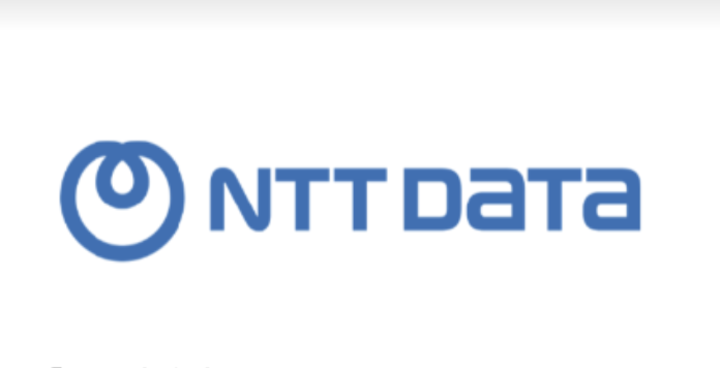
NTT Ltd., a leading global IT infrastructure and services company, has announced its key technology predictions for 2024. As IT teams start planning, and organisations adapt to 2023’s biggest disruptor – Generative AI, the new year will see a mixture of both new and key trends gaining traction across networking, Edge, Private 5G, data centers and cloud.
Dark NOC
NTT has predicted that Dark NOC will enter the lexicon of the networking world. Considering the speed at which AIOps has advanced, the idea of a completely automated, lights out Network Operations Center is quickly becoming an ideal. Over the next 12 months, networking companies will further embed AIOps into their broader operations to improve network quality, support engineers, and modernize infrastructures.
AI will drive investment in more disruptive energy supplies for data center infrastructure
AI is spurring investments in disruptive energy solutions for data centers, as power-hungry racks, now reaching up to 100 kilowatts, challenge net-zero goals. In 2024, enterprises are expected to collaborate closely with energy providers to adopt sustainable options amid tightening data center regulations. Governments and stakeholders are prescribing specific energy efficiency criteria to align with sustainability targets. Leading the way, NTT employs innovative methods like liquid immersion cooling, district heating, and explores space-based solar panels for its data centers, demonstrating a commitment to eco-friendly solutions amid rising power demands.
Sustainability will become important
Sustainability takes center stage in IT innovation and procurement, significantly influencing technology choices for IT teams. This impact intensifies with evolving regulations, exemplified by German data centers mandated to source 50% renewable electricity from January 1, 2024, and 100% by 2027. Enterprises pursuing net-zero goals embrace technologies like Private 5G networks (e.g., LyondellBasell, Schneider Electric) for smart factory applications, aligning with ESG initiatives. Increased pressure on IT suppliers facilitates industries in reaching sustainable development goals and KPIs.
Optical networking likely to go mainstream
Next year, optical networking will take the spotlight and will become more important than ever. This will happen due to the heightened emphasis on network efficiency, reliability, sustainability, and future-readiness.
Recent trails showcasing 1.2Tbps transmission rates underscore its potential. Over 90% of senior executives across industries seek network modernization to tackle current challenges and anticipate future ones. A collaborative effort involving over 100 organizations is advancing the IOWN (Innovative Optical and Wireless Network), aiming to overcome existing infrastructure.
IoT ecosystems will boost P5G and Edge adoption
The synergy of IoT, Private 5G, and edge computing empowers real-time insights, pivotal for informed decisions in the era of accelerated digitisation. The edge's significance grows as automation, computer vision, and digital twins drive robust capabilities. Organizations foresee a surge in reliance on third-party edge services, with NTT addressing this need through expert collaborations for 5G-enabled devices in manufacturing, automotive, and logistics.
Human skills will be essential for the uptake of AI
NTT’s 2023 Global CX Report found that the majority of CX interactions still require a form of human intervention, with executives agreeing that this will remain a critical part of customer journeys. Despite 4 in 5 organizations planning to incorporate AI into CX delivery within the next 12 months, the human element will be central to its success.
Invisible clouds will start to go vertical
When working well, cloud environments become invisible, leaving applications on stage, front, and center. This has largely been achieved with office apps, project management tools, CRM solutions and the like, but not quite yet mastered for specific industries. That will change next year.
In 2024, vertical specific clouds package software, PaaS, and IaaS layers to deliver industry-centric use cases focused on business outcomes, rather than the technology itself will increase. Analysts have been expecting this for some time, and there is now a great deal of interest in these projects.
FacebookTwitterLinkedin
end of article

 4 months ago
117
4 months ago
117



